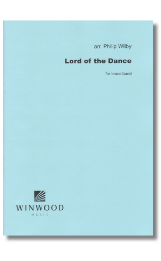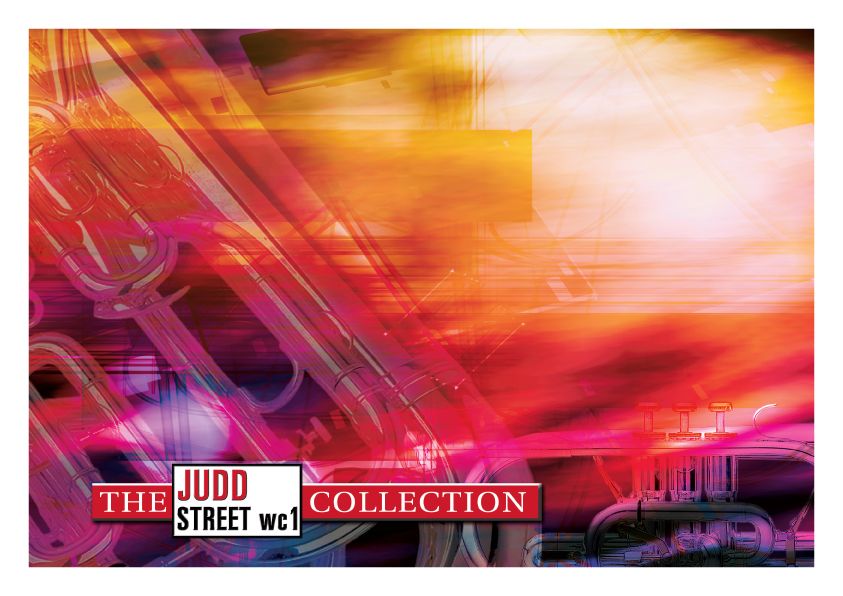Results
-
 £39.95
£39.95Lord of the Dance (Score and Parts) - Philip Wilby
This arrangement of the famous shaker melody made popular in Martin Shaw's hymn of Jesus' life and history first appeared as the second movement of Philip Wilby's Partita for Band (Postcards from Home) and has proved a very popular addition to concerts and services.
Estimated dispatch 7-9 working days
-
 £29.95
£29.95Judd: In The Firing Line
Bramwell Coles wrote over 50 marches and so has been dubbed The Salvation Armys march king! First published in 1925, this march has stood the test of time and remains a favourite.
Estimated dispatch 7-14 working days
-
£29.95
REDCLIFFE MARCH, The (Brass Band Set) - Daniel Hollis
First published in 1929, this march was written when the composer was living in Redcliffe, Australia.
Estimated dispatch 7-14 working days
-
£44.95
TOCCATA, OH THE BLESSED LORD (Brass Band Set) - Wilfred Heaton
Originally written as a brass sextet, based on the American Spiritual 'Oh dem golden slippers', and eventually published for full band in 1973. It is hard to believe that this highly original and technically difficult composition could have first been conceived as long ago as 1938.
Estimated dispatch 7-14 working days
-
£54.99
The Little Musician - Rob Ares
Comprising two sections (Tranquilo and Moderato) this flexible band piece is a great way of training your 'little musicians'. art of the Scherzando First Dialogue series this jaunty little piece will be popular with your players for many years to come.
Estimated dispatch 5-14 working days
-
 £29.95
£29.95The Redcliffe March (Brass Band - Score and Parts) - Hollis, Daniel
First published in 1929, this march was written when the composer was living in Redcliffe, Australia.
Estimated dispatch 7-14 working days
-
 £14.95
£14.95The Redcliffe March (Brass Band - Score only) - Hollis, Daniel
First published in 1929, this march was written when the composer was living in Redcliffe, Australia.
Estimated dispatch 7-14 working days
-
 £44.95
£44.95Toccata, Oh the Blessed Lord (Brass Band - Score and Parts) - Heaton, Wilfred
Originally written as a brass sextet, based on the American Spiritual 'Oh dem golden slippers', and eventually published for full band in 1973. It is hard to believe that this highly original and technically difficult composition could have first been conceived as long ago as 1938.
Estimated dispatch 7-14 working days
-
 £22.50
£22.50Toccata, Oh The Blessed Lord (Brass Band - Score only) - Heaton, Wilfred
Originally written as a brass sextet, based on the American Spiritual 'Oh dem golden slippers', and eventually published for full band in 1973. It is hard to believe that this highly original and technically difficult composition could have first been conceived as long ago as 1938.
Estimated dispatch 7-14 working days
-
 £54.99
£54.99The Little Musician (Brass Band - Score and Parts) - Ares, Rob
Comprising two sections (Tranquilo and Moderato) this flexible band piece is a great way of training your 'little musicians'. art of the Scherzando First Dialogue series this jaunty little piece will be popular with your players for many years to come.Duration: 4:30
Estimated dispatch 7-14 working days
